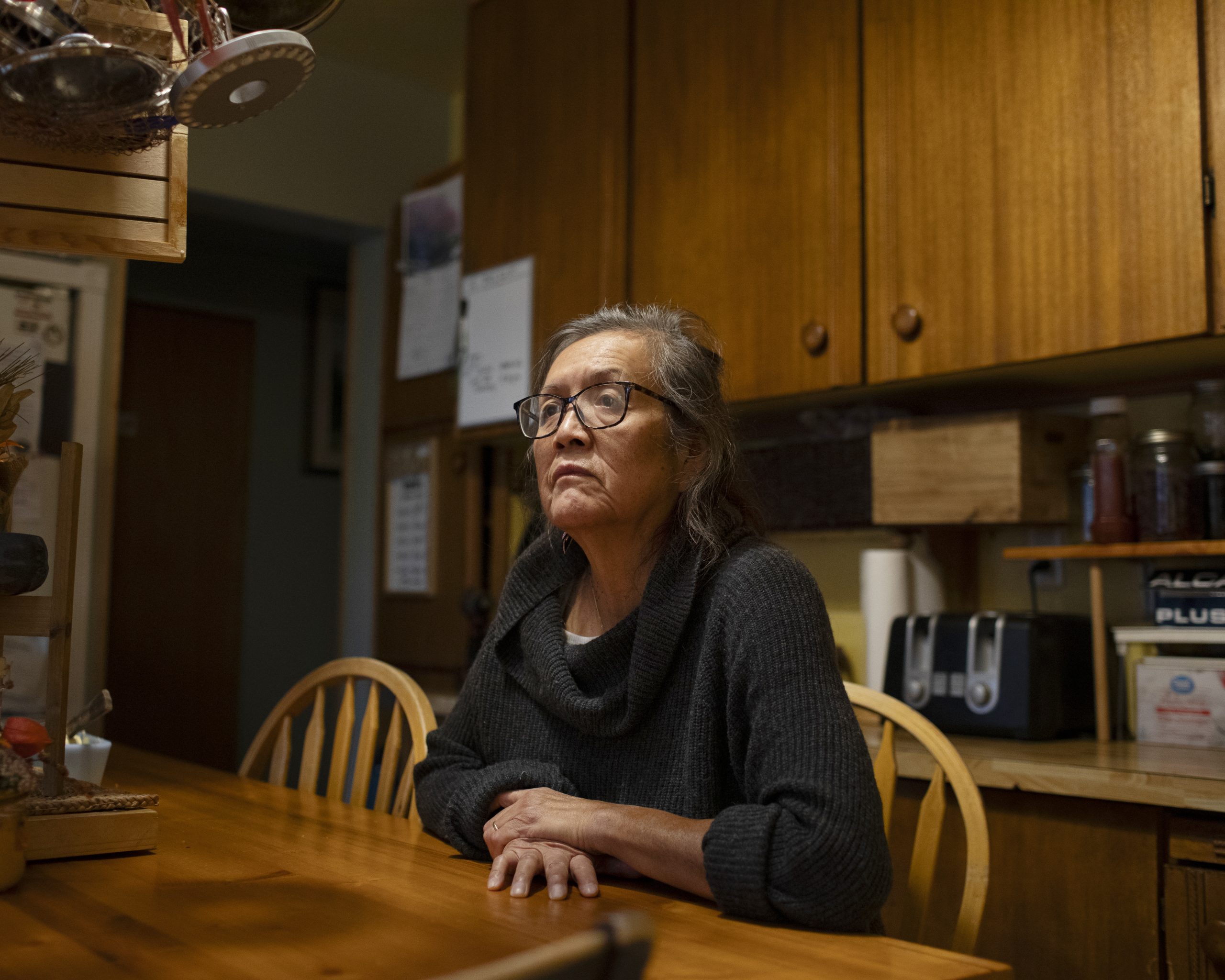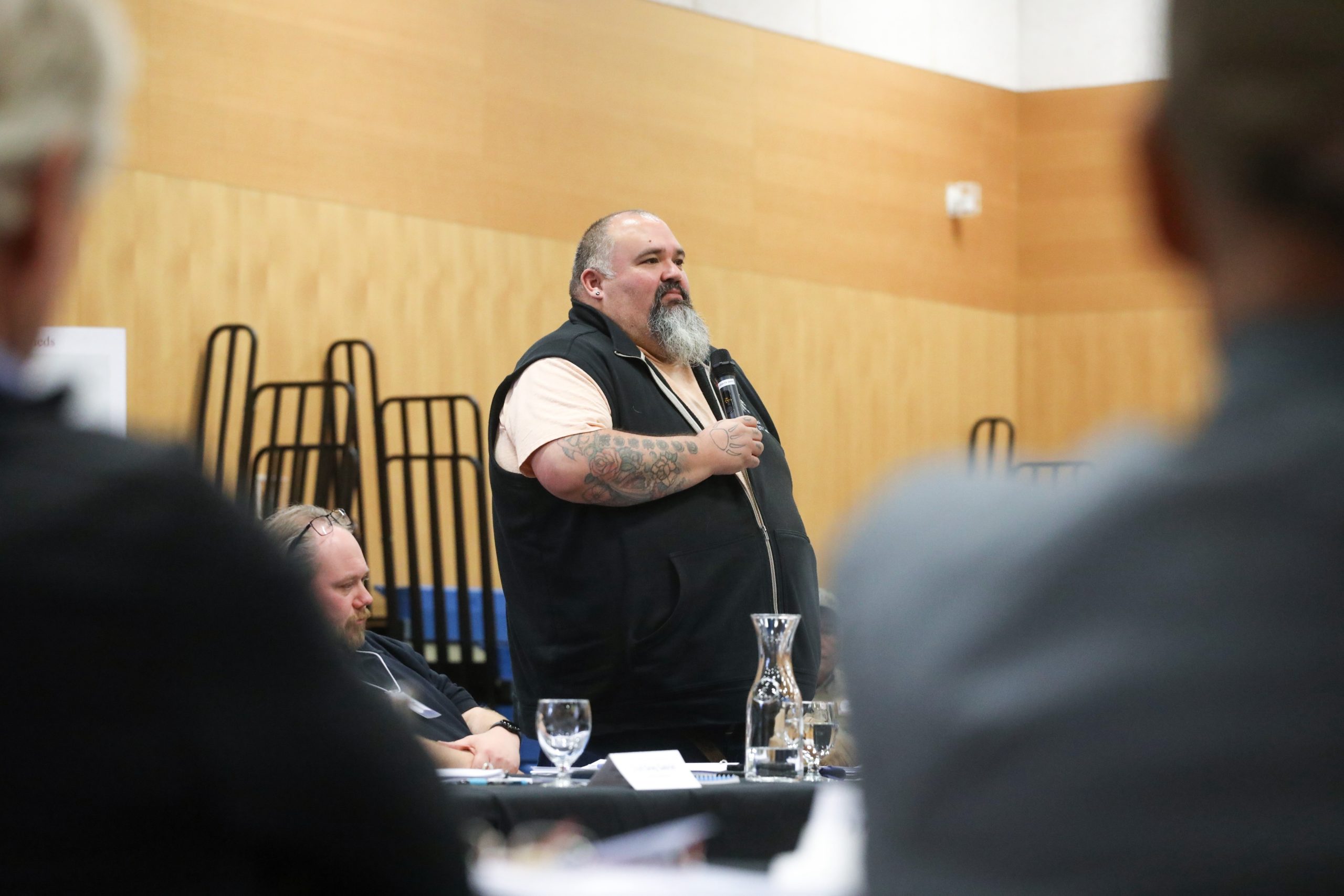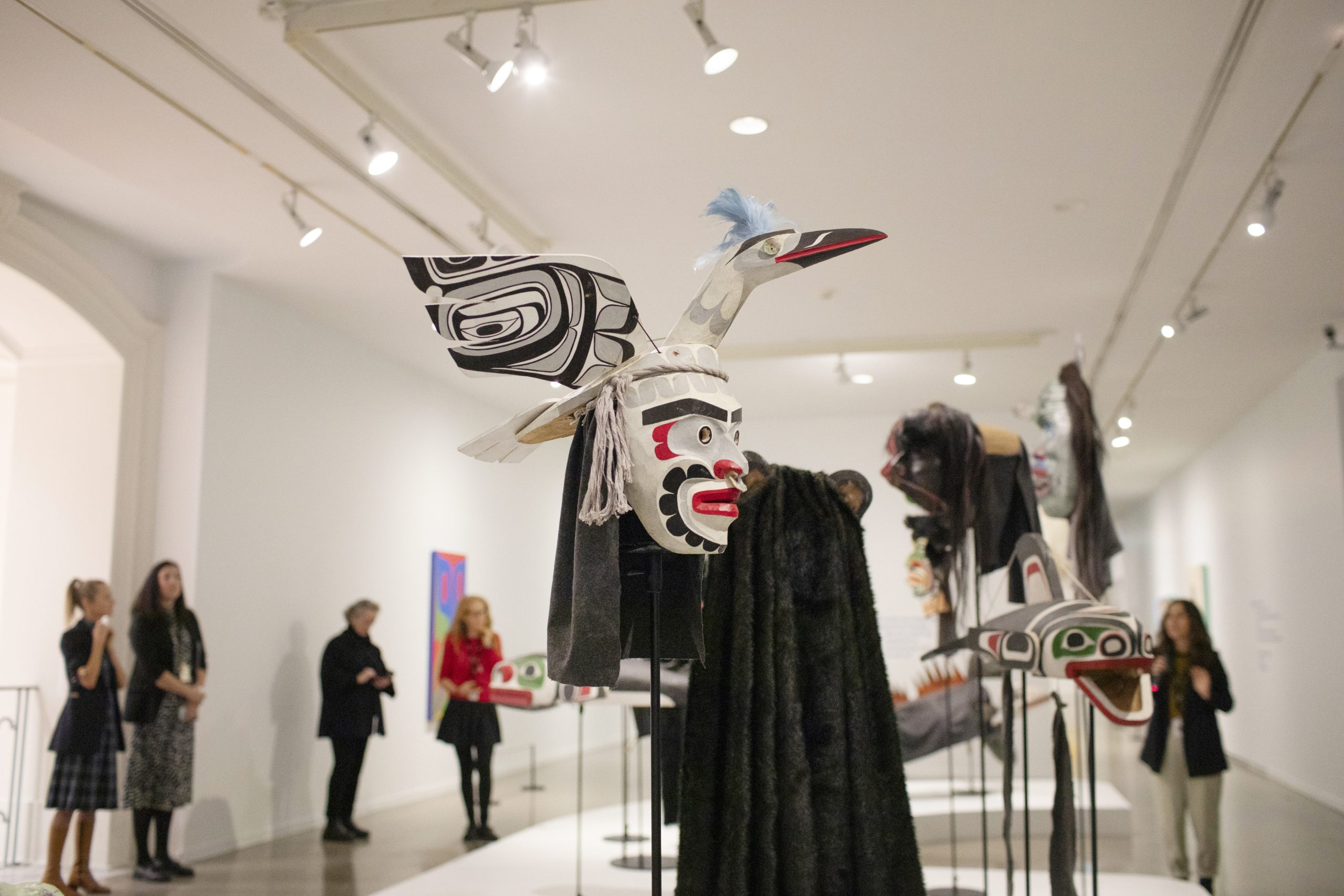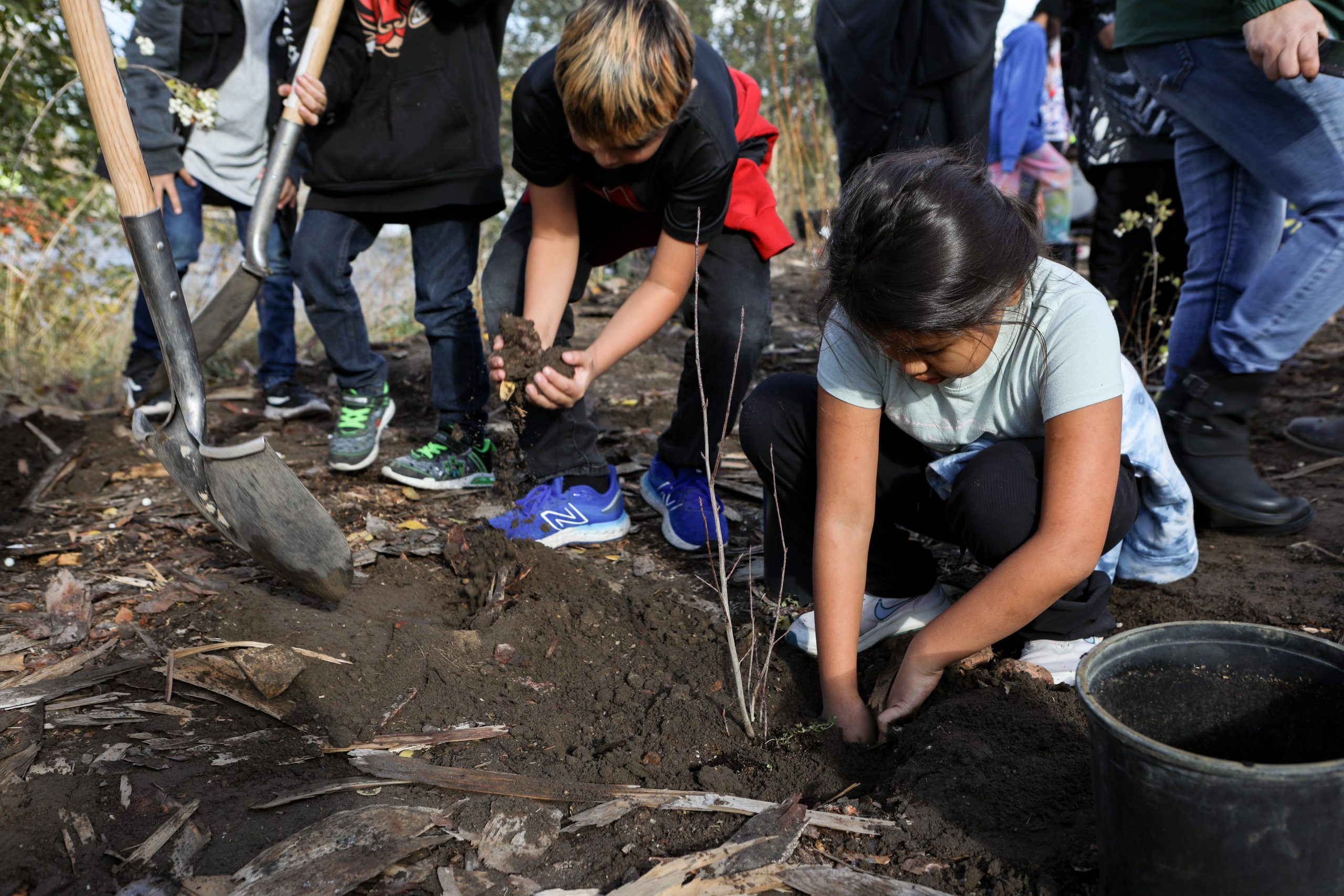‘Multigenerational trauma’: Cree woman challenging Canada’s off-reserve child welfare practices
A survivor of the Millennium Scoop, Cheyenne Stonechild is now taking on the federal government in a certified class-action lawsuit


Cheyenne Stonechild recalls being taken from her mother at eight years old, and placed into the care of a non-Indigenous family for the first time.
During a recent webinar hosted by the Canadian Coalition for the Rights of the Children (CCRC), Stonechild shared her story of being removed from her family — connecting the beginning of her story to her own mother’s experience of being apprehended as a child.
Her mother was part of the Sixties Scoop, and was adopted out of province to a non-Indigenous family in “Ontario.” The familiar fracture severed her mother’s connection to her grandmother, and to her nehiyaw (Cree) culture and community.
“We were completely stripped of any opportunity to rekindle anything,” says Stonechild, as she reflects on her mother’s own attempts to reconnect with her grandmother later in life.
Originally from the Muscowpetung First Nation, her grandmother Blanche Stonechild was a survivor of the File Hills Indian Residential School in “Saskatchewan.”
Now, Stonechild is the representative plaintiff in a certified class-action lawsuit against the Canadian government, filed in June 2020. The class-action concerns the apprehension of Indigenous children and youth living off-reserve by so-called child “welfare” agencies.
The class action argues that child welfare agencies “failed to take reasonable steps to protect and preserve the Aboriginal identity of Indigenous children and youth who were apprehended.”

In a press release by the law firm representing the class action, it says “despite Canada’s constitutional responsibility for all Indigenous people, Canada has repeatedly failed to take steps to protect the Indigenous identity of off-reserve children who were put into care.”
A 2017 class action lawsuit by Sixties Scoop survivors resulted in a $750-million deal. The Indigenous Millennium Scoop class action has been met with opposition by the federal government, according to a press release issued by the law firm representing the case.
“Canada could choose to negotiate an agreement to address the ongoing discrimination against First Nation children living off-reserve. Instead, Canada is opposing the current class action.”
‘A complete absence of meaningful connection’
For Stonechild, she describes her time in care as “traumatic.”
“I spent a lot of my time in the child welfare system. I spent even less time with my biological family,” she says during the CCRC webinar.

Stonechild says that over 10 years, she was placed in at least 15 different foster placements and group homes.
“There was zero stability. I frequently changed my residences, my schools, [the] programs I was a part of. My support systems constantly changed, as well as my social workers.”
At 18 years old, before the age of majority in B.C., Stonechild says that she was forced to “age out” by a delegated child “welfare” agency in so-called “Vancouver.” She says that she was left to her own devices, without any supports.
“There was a complete absence of any real meaningful connection to my family, language, and heritage while in the government’s care, despite the fact they had access to this information and resources to support me,” says Stonechild.
She recalls having to fill out a “cultural plan of care,” which she says did nothing to protect or preserve her identity as a displaced Indigenous child.
“It merely served as a supplementary form to check a box, a justification. From experience, this serves no purpose and protects no one in the system,” Stonechild tells IndigiNews.
Her experiences in the care of the provincial government led her to become an advocate for other Indigenous children with similar experiences with the Ministry of Children and Family Development.
“At a time of truth and reconciliation, federal responsibility to Indigenous children should not be hidden behind provincial and territorial walls,” says the Honourable Michael L. Phelan, the judge who certified the class action.
Cindy Blackstock, the executive director of the First Nations Child and Family Caring Society says that “Canada” has apologized for residential “schools,” but it has continued the same policies under a different name.
“The best apology is changed behaviour and it is time for all levels of government to end their discriminatory conduct,” says Blackstock.
Author
Latest Stories
-
‘Bring her home’: How Buffalo Woman was identified as Ashlee Shingoose
The Anishininew mother as been missing since 2022 — now, her family is one step closer to bringing her home as the Province of Manitoba vows to search for her
-
Looking back at 2025: A year of powerful Indigenous storytelling
The Academy Awards. Reporting at the UN. Healing horses. Three generations of salmon-protectors. Multiple awards. IndigiNews reflects on our biggest stories of the year
-
After Indigenous teen’s stabbing, his family says the system failed to stop his bullying
Foster parents in ‘Courtenay, B.C.’ speak out after a string of alleged incidents targeting them and their 16-year-old foster son, as they wait for trial













